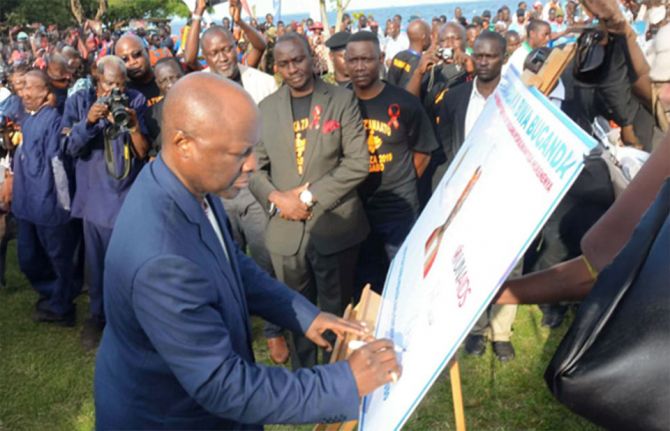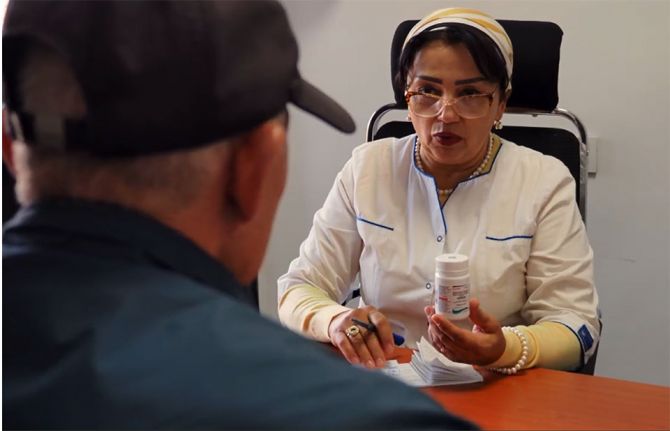Documents
3rd Eastern European and Central Asia AIDS Conference (EECAAC)
The 3rd HIV/AIDS Conference in Eastern Europe and Central Asia opened in Moscow today with a ceremony attended by senior representatives of Russian Duma, Russian Ministry of Foreign Affairs, Russian Academy of Sciences and the US Ambassador to the Russian Federation.
Related
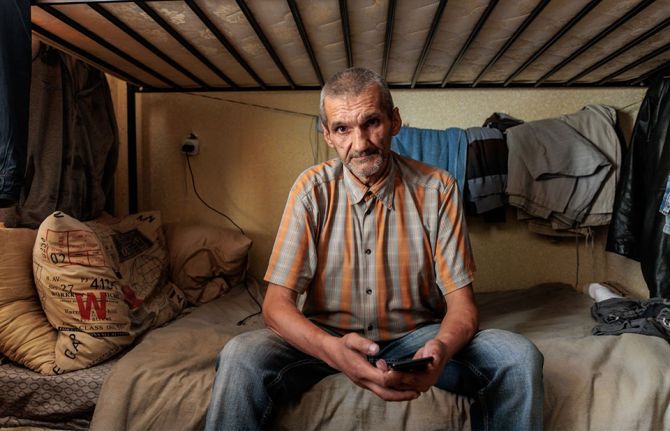 Ukraine: Keeping people in care
Ukraine: Keeping people in care

23 February 2026
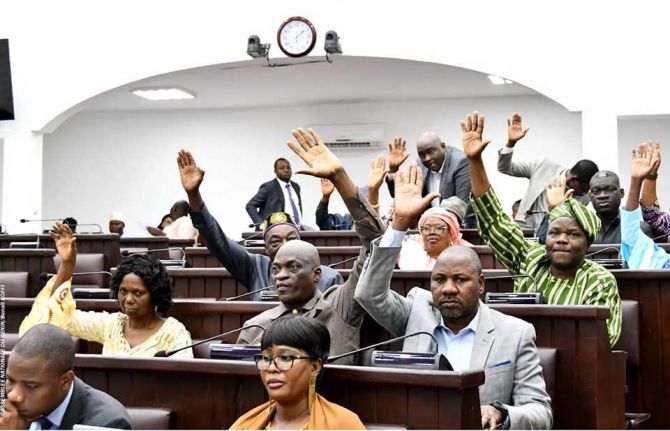 Benin adopts positive new law on HIV prevention, care and elimination of stigma and discrimination
Benin adopts positive new law on HIV prevention, care and elimination of stigma and discrimination

20 February 2026
 Strengthening partnerships to sustain the HIV response in Eastern Europe and Central Asia
Strengthening partnerships to sustain the HIV response in Eastern Europe and Central Asia

12 February 2026
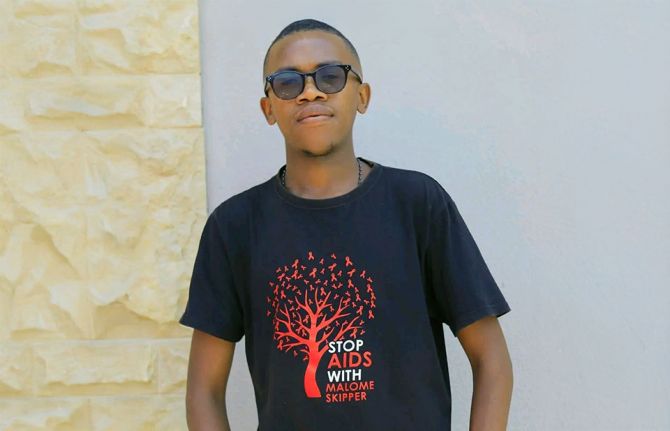 ‘I never lacked anything—except answers’ - a young man’s journey of being born with a disease he did not understand
‘I never lacked anything—except answers’ - a young man’s journey of being born with a disease he did not understand

19 January 2026
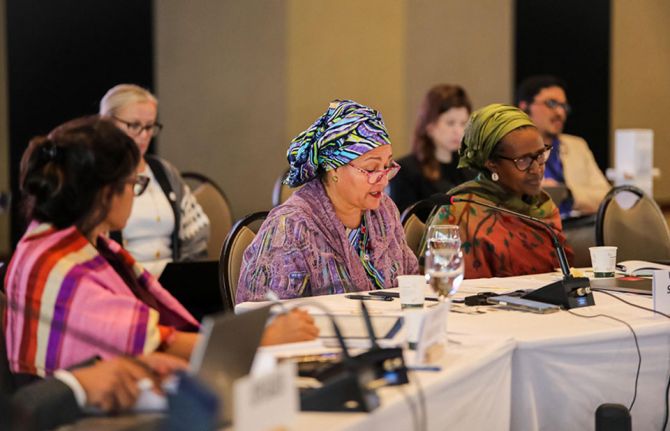 UN Deputy Secretary-General reaffirms commitment to a responsible UNAIDS transition and UN commitment to the AIDS response at Board meeting
UN Deputy Secretary-General reaffirms commitment to a responsible UNAIDS transition and UN commitment to the AIDS response at Board meeting

22 December 2025
 Multisectoral resilience to funding cuts in Guatemala
Multisectoral resilience to funding cuts in Guatemala

22 December 2025

